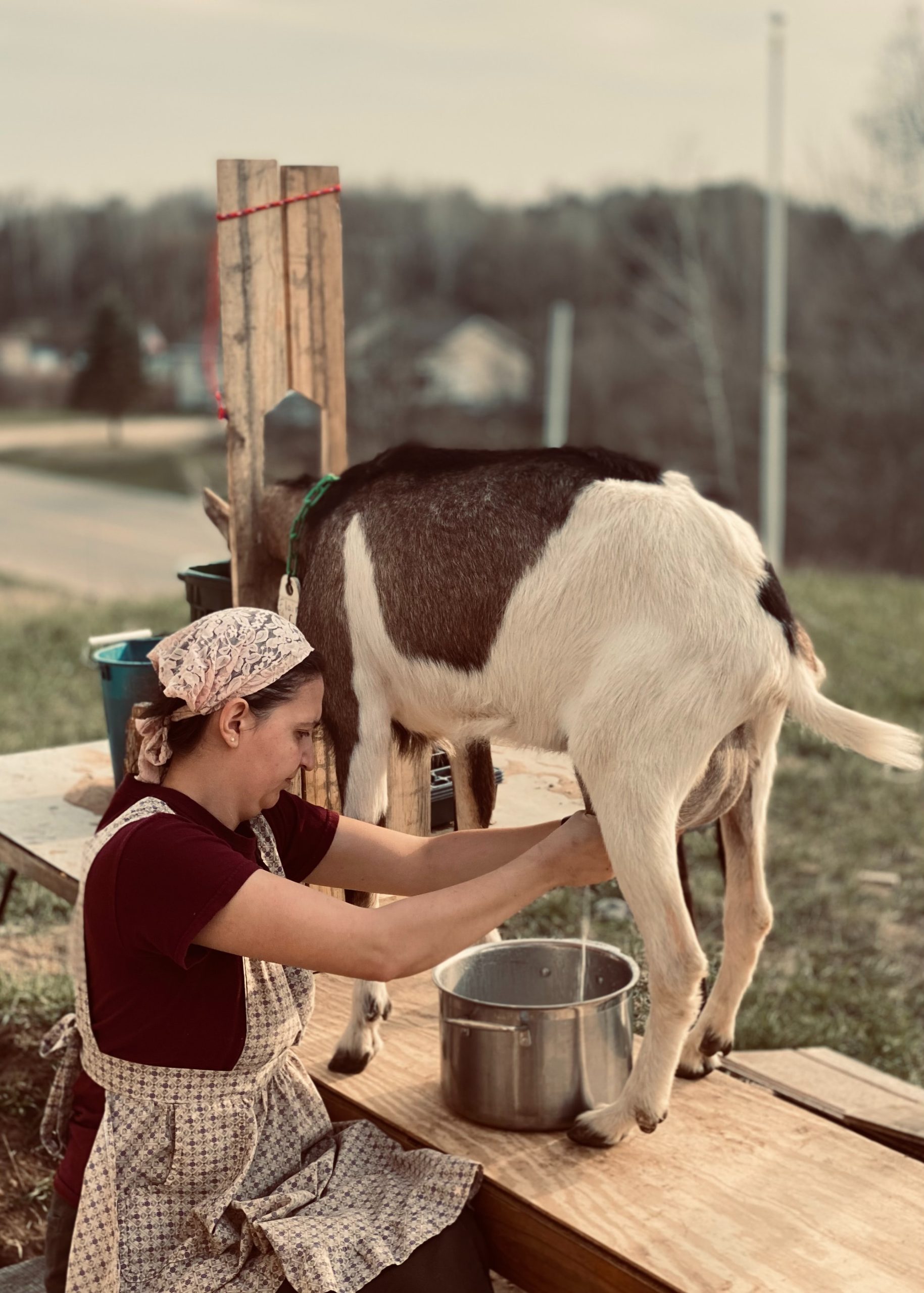Border Collies are one of the most beloved dog breeds around the world. They are known for their intelligence, agility, and loyalty, making them popular pets for many families. However, like all breeds, Border Collies can suffer from certain health issues, including hip dysplasia. This condition can cause significant pain and discomfort for your furry friend, so it’s crucial to be aware of the signs, symptoms, and treatment options. In this blog post, we’ll explore everything you need to know about Border Collies and hip dysplasia, so you can keep your pet healthy and happy for years to come.
Border Collies are a beloved breed known for their intelligence, agility, and loyalty. However, like any breed, they are prone to certain health issues. One of the most common health problems that Border Collies can experience is hip dysplasia. In this blog post, we’ll explore what hip dysplasia is, how it affects Border Collies, and what you can do to prevent and treat it.
What is Hip Dysplasia?
Hip dysplasia is a genetic condition that affects the hip joint. It occurs when the ball and socket joint of the hip do not fit together properly, which causes the joint to wear down over time. This can lead to arthritis, pain, and mobility issues. Hip dysplasia can occur in any breed of dog, but it is most commonly seen in larger breeds. However, Border Collies can also be affected by hip dysplasia.
Symptoms of Hip Dysplasia in Border Collies
The symptoms of hip dysplasia in Border Collies can vary depending on the severity of the condition. Some of the most common symptoms include:
1. Stiffness and difficulty rising from a lying or sitting position
2. Limping or favoring one leg
3. Reluctance to exercise or play
4. Pain when touched around the hip area
5. Decreased range of motion in the hip joint
If you notice any of these symptoms in your Border Collie, it’s important to take them to the vet for an evaluation. Your vet will be able to diagnose hip dysplasia through a physical exam and imaging tests, such as x-rays.
Causes of Hip Dysplasia in Border Collies
.jpg)
Hip dysplasia is a genetic condition, which means it is passed down from parent to offspring. If a Border Collie’s parents had hip dysplasia, there is a higher chance that the puppy will also develop the condition. However, environmental factors can also play a role in the development of hip dysplasia. Factors such as rapid growth, obesity, and over-exercise can all contribute to the development of hip dysplasia in Border Collies.
Preventing Hip Dysplasia in Border Collies
While hip dysplasia is a genetic condition, there are steps you can take to reduce the risk of your Border Collie developing it. One of the most important things you can do is to choose a reputable breeder who screens their breeding dogs for hip dysplasia. You should also avoid breeding dogs with hip dysplasia.
In addition to genetics, there are several environmental factors that can contribute to the development of hip dysplasia. To reduce the risk of your Border Collie developing hip dysplasia, you should:
1. Avoid overfeeding your dog and keep them at a healthy weight
2. Provide regular exercise that is appropriate for your dog’s age and fitness level
3. Avoid excessive jumping or high-impact activities that can put stress on the hips
4. Provide a comfortable and supportive bed for your dog to sleep on
Treating Hip Dysplasia in Border Collies
If your Border Collie is diagnosed with hip dysplasia, there are several treatment options available. In mild cases, your vet may recommend weight management, exercise modification, and pain management medications. In more severe cases, surgery may be necessary to improve your dog’s quality of life.
Conclusion
Hip dysplasia is a common condition that affects Border Collies. While it is a genetic condition, there are steps you can take to reduce the risk of your Border Collie developing it. If your Border Collie does develop hip dysplasia, there are treatment options available to help manage the condition. By being proactive in your dog’s care, you can help ensure that they live a happy and healthy life.
In conclusion, Border Collies are amazing dogs and are known for their agility, intelligence, and loyalty. However, they are also prone to hip dysplasia, a potentially debilitating condition that can affect their quality of life. As responsible dog owners, it’s important to be aware of the signs and symptoms of hip dysplasia and to take preventive measures to keep our furry friends healthy and happy. Regular exercise, a balanced diet, and routine vet check-ups can go a long way in preventing and managing hip dysplasia in Border Collies. By staying informed and taking proactive steps, we can ensure that our beloved pets live a long and comfortable life.


.jpg)
%20-%20Copy.jpg)
.jpg)
.jpg)


.png)